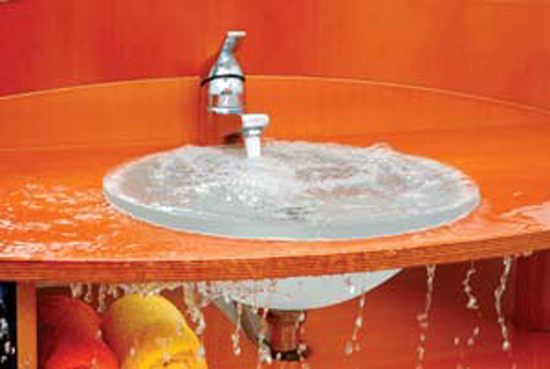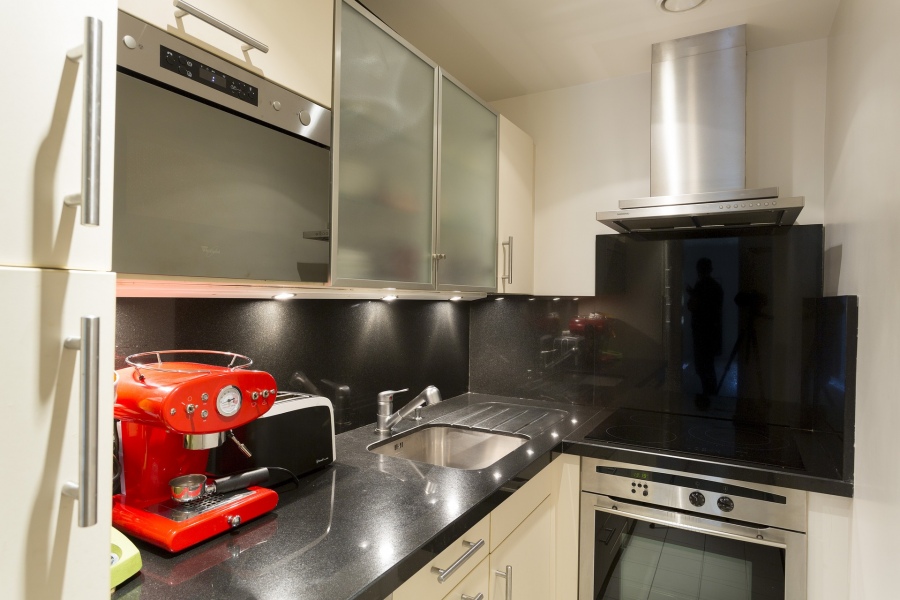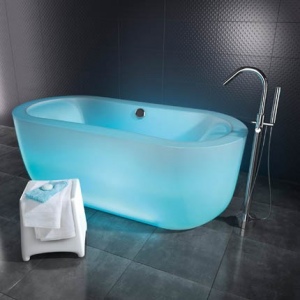For homeowners, a blocked drain is one of the worst things that can happen. Without DIY knowledge, many families are forced to seek professional help to clear their drains and ensure that they have a functioning sewer system. Everything from doing the dishes to washing clothes and taking a bath require these pipes, and when a drain is blocked, families are not able to do anything at all. For some families, it might even mean spending time away from the house while the drain is unblocked, simply because it is not possible to live in the house without access to waste pipes. A blocked drain can cost both time and money and this is why it is so important to avoid blocked drains whenever possible.
Basic Steps
In order to work out how to reduce the chances of blocked drains, it is important to understand both what is most likely to cause these problems, as well as the best way to prevent them.
1) Keep waste to a minimum. In the past, it was common for homeowners to dump anything and everything down the drain. From nappies to clothes and even toys, all found their way down the drain. Homeowners should be aware that they should throw as little down the drain as possible, and that anything as solid as a nappy should never be discarded. Hair clippings, leaves and even face wipes should also be thrown in a bin, rather than chucked down the nearest drain.
2) Use a waste catcher. Like a little sieve placed over the plughole indoors, or across external drains, screens are the ideal way to stop waste falling into the drain. From washing up water to leaf mulch in autumn, the screen catches everything. Remember to remove regularly in order to keep the screen clean.
3) Put hot water down the drain. An Old-wives’ trick which is actually helpful, pouring boiling water directly down the drain can help to keep it clear of blockages. The water should go directly into the drain, so if your bath plug is not in line with the faucet, for example, then you may need to use a kettle of boiling water instead.
DIY Tips
4) Plunge drains regularly. If your drain is running too slowly, or has almost stopped working, then the best solution is to use a plunger. Keep on top of poorly draining pipes, and make sure that they are given the plunger once-over as soon as the problem is spotted. It will help to prevent blocks from becoming unmanageable, and can ensure that homeowners don’t have to call out an expert plumber to fix a serious problem.
5) Keep drains clean. Homeowners who are trying to prevent blockages need to regularly maintain the drain holes. Whether that is inside or outside, cleaning drain entrances not only ensures that there is no waste ready to be washed down into the pipes and cause a blockage, but it also helps to deter animals such as rats which can make their homes in drain entrances. Regular maintenance schedules will ensure both of these drain problems are kept to a minimum.
Fraser Ruthven is the Marketing Associate for London Drainage Facilities. Since working with LDF, Fraser feels that he should pass on his knowledge on how to prevent blocked drains that cause such a huge convenience for people throughout the UK.





